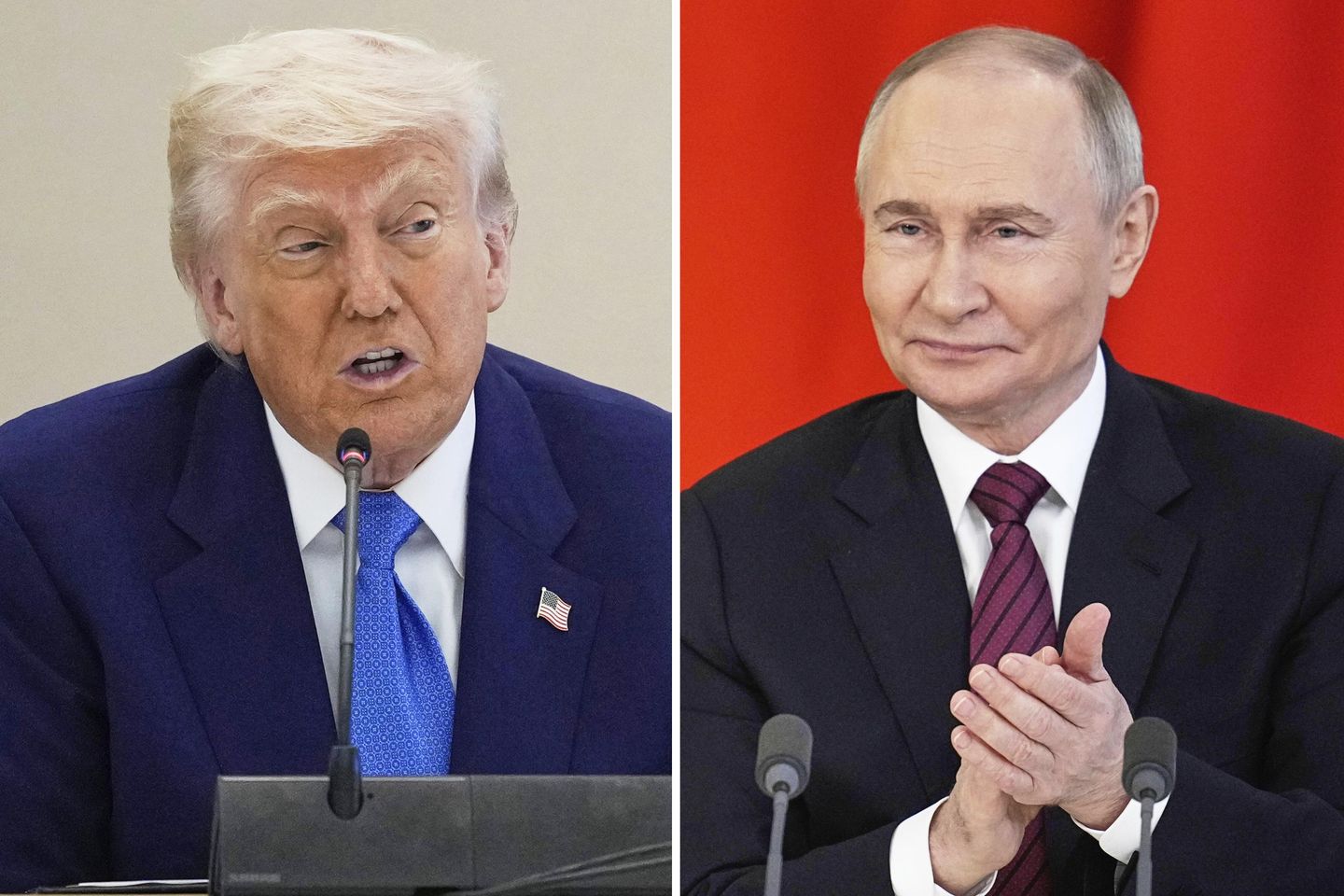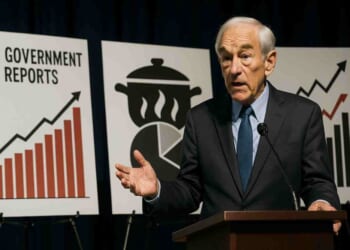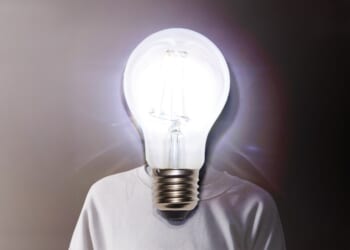
Some NATO countries have said they cannot immediately end Russian oil and gas purchases despite President Trump’s insistence on a 100% ban in exchange for heavy U.S. sanctions on Moscow.
U.S. allies such as Slovakia and Hungary have opposed or watered down European Union sanctions and continue buying Russian oil.
Meanwhile, NATO member Turkey is the third-largest importer of Russian fossil fuels, behind China and India.
Ankara has purchased more than $80 billion worth of oil since Russian President Vladimir Putin sent tanks across the border of neighboring Ukraine in February 2022, according to a study by the Center for Research on Energy and Clean Air.
On Friday, Hungarian Foreign Minister Peter Szijjarto said outside groups, especially the European Union, must not endanger his landlocked country’s energy supply by ignoring the “geographic, physical and infrastructural reality.”
“They are pushing decisions that put Slovaks and Hungarians in a difficult position,” Mr. Szijjarto said in a post on X before Mr. Trump released his statement. “Without Russian oil and gas, a secure supply is impossible.”
In a Saturday post on Truth Social, Mr. Trump said NATO’s commitment to win in Ukraine has been “far less than 100%.” He cited the ongoing purchases of Russian fossil fuels from NATO allies.
“It greatly weakens your negotiating position and bargaining power over Russia. Anyway, I am ready to go when you are,” he said. “I believe that this, plus NATO as a group placing 50% to 100% tariffs on China, to be fully withdrawn after the war with Russia and Ukraine is ended, will also be of great help in ending this deadly but ridiculous war.”
Some NATO allies said they are doing what they can to hinder Russia’s covert oil distribution operation.
On Friday, British officials said they were ratcheting up the pressure on Russia’s “shadow fleet” of tankers carrying illicit fossil fuels.
“The U.K. continues to lead the charge against the shadow fleet carrying Russian oil exports. Today, 70 more ships in the fleet have been sanctioned,” British officials said. “The U.K. has now targeted more oil tankers than any other country.”
British Foreign Secretary Yvette Cooper said it is important to cut off the cash flow critical to Mr. Putin’s war in Ukraine.
“These sanctions form the next stage in the U.K.’s leading efforts to ramp up economic pressure alongside our security support and our work alongside the Coalition of the Willing for a just and lasting peace in Ukraine,” Ms. Cooper said in a statement.
Rep. Michael McCaul, Texas Republican and former chairman of the House Homeland Security and Foreign Affairs committees, said he was fairly confident that NATO members would eventually heed Mr. Trump’s call to cut off Russian oil.
On Sunday, Mr. McCaul told ABC’s “This Week” that it makes no sense to slap secondary sanctions on Russia if NATO members such as France and Germany are allowed to continue filling their tanks with Russian fuel.
“This has to be a team effort. I think NATO needs to stick together on this,” Mr. McCaul said. “I predict that is what’s going to happen.”
European Commission President Ursula von der Leyen said energy costs remain a major source of anxiety for millions of Europeans. In a speech last week, she told parliamentarians that the European Union is on a path to energy independence.
“We know what drove prices up: dependence on Russian fossil fuels. So it is time to get rid of dirty Russian fossil fuels,” Ms. von der Leyen said. “We know what brings prices down: clean homegrown energy. We need to generate more homegrown renewables, with nuclear as a baseload.”
Despite Asian and European claims that they are weaning off Russian oil, some analysts say Moscow continues to generate much-needed income from energy exports directed to their markets. Recent data shows Turkey significantly increased its oil imports from Russia, especially in 2024.
The Center for Research on Energy and Clean Air reported that Ankara spent about $62 billion on Russian oil during this period. Some of the imported oil was refined and re-exported, primarily to the European Union.
Russia remains the second-largest supplier of liquefied natural gas to the European Union after the United States. A study by Environmental Action Germany, an environmental and consumer protection advocacy group, found that Russia accounted for about 6.6% of the total gas consumption in the European Union last year.
Sen. Lindsey Graham, South Carolina Republican, said it is questionable whether sanctions against Russia in general and Mr. Putin in particular will ultimately bear any fruit.
“Putin doesn’t care about sanctions. No sanctions have worked there,” Mr. Graham said Sunday on NBC’s Meet the Press. “He evades sanctions, and he lives well. He doesn’t care about how many Russians die.”
Mr. Trump wants NATO allies to slap 50% to 100% tariffs on China and, to a lesser extent, India on their products going into Europe. “It is now time for Europe to get behind the Trump approach,” Mr. Graham said.
Mr. Graham introduced a sanctions bill about six months ago, but the intended target wasn’t Mr. Putin, the senator said.
“It’s directed toward China, India, Brazil and other countries that can buy his cheap Russian oil and gas to give him the money to persecute the world,” Mr. Graham said. “The Europeans have been reluctant to follow that path.”
In another interview broadcast Sunday on “This Week,” Ukrainian President Volodymyr Zelenskyy said he shares Mr. Trump’s frustration with European allies funding the war in Ukraine with purchases of Russian oil.
“President Trump is right about the Europeans. I am very thankful to all the partners. But some of them, I mean, they continue to buy oil and Russian gas. And this is not fair if — to, to, to be open, and to be clear, it’s not fair,” Mr. Zelenskyy said. “So we have to stop buying any kind of energy from Russia. And, by the way, anything, any deals with Russia, we can’t have any deals if we want to stop them.”













